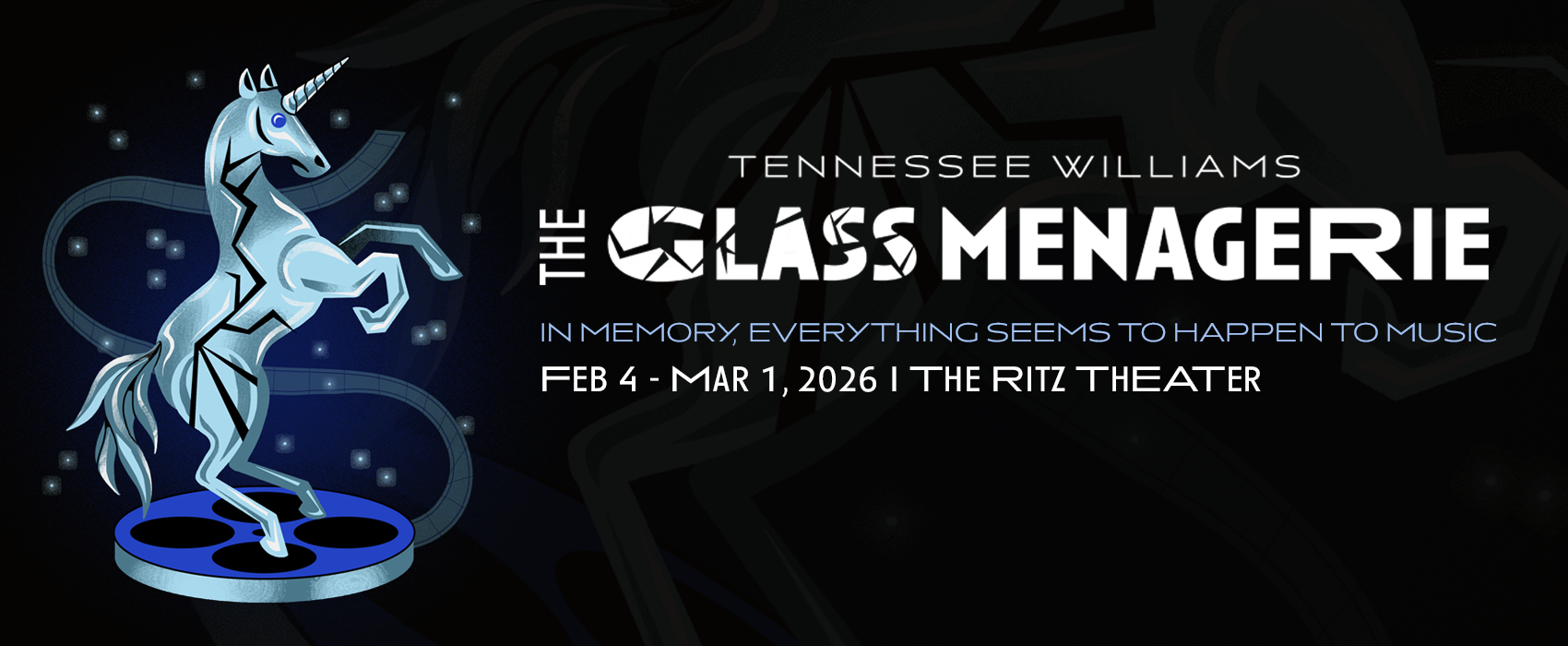'Our Town' review: A fresh take on the classic, with music
/Chris Hewitt
March 16, 2014
Thornton Wilder's plainspoken masterpiece "Our Town" has been done to death, but is it still possible to bring it to life?
At least two recent-ish productions say yes. An already-legendary Chicago-then-off-Broadway production from a couple of years ago emphasized the blistering anger and waste in the sometimes-sentimental play about life in a small town; it made even theatergoers who thought they knew the play feel like they'd never seen it before. And Theater Latte Da's new production uses music -- before and between the three acts, mostly -- to place "Our Town" within an American tradition of art that celebrates and mourns everyday bits of life.
Director Peter Rothstein makes clear from the start that the "our" of this "Our Town" includes the audience. The play happens in the middle of the room, with theatergoers arrayed on two sides of the action. Actors enter and exit the playing space from seats in the audience (keep those clodhoppers out of the aisle, please, or you'll trip them). Sound effects and music also come from the seats -- I was in front of a very loud triangle -- and the whole production seems to assemble itself out of the pieces of a hootenanny, which features the "Our Town" actors performing the songs of Scott Joplin, Stephen Foster and others as audience members take their seats and wait for the play to begin. We are introduced to the action by a character known as the Stage Manager, who is usually -- for no good reason -- a man, but who is played with stern authority by the great Wendy Lehr. She tells us a little about the history of Grover's Corners, N.H., and introduces its people, whose lives are as ordinary and extraordinary as the lives of any of us in the theater's seats. Then, she summons the actors, in modern dress, to act out family dramas from Grover's Corners: Children ignore their parents' instructions, young people go to school and stumble into romance, adults fall into despair. Because we know these stories are supposed to have happened a century ago but we are seeing them performed in contemporary clothes, the idea we get is that these dramas happened not just 100 years back but also a few years ago and yesterday and that they will happen again tomorrow.
In the play, we are most closely identified with Emily (Andrea San Miguel), who, during the two hours and 15 minutes of "Our Town," will fall in love and get married and have an opportunity to look closely at the wonders around her. Rothstein makes sure this "Our Town" gives us the same opportunity. He uses lovely hanging light bulbs -- I think there are 60 of them -- to subtly illuminate key moments in the play and to help us pick out tiny details we might miss, such as the smell of heliotrope, the sound of a teaspoon in a coffee cup or the illumination of a full moon.
"Wasn't life awful? And wonderful?" a character asks in "Our Town," and that's a key theme for Wilder, who puts us in the position of knowing the fates of some of his characters long before they do. "Our Town" is often seen as a nostalgic play, but this production isn't about nostalgia; it gets both the "wonderful" and the "awful." There's Mr. Stimson (fierce and funny Tod Peterson), for instance. An alcoholic who has weathered unnamed tragedies, it is said of Stimson that "some people ain't made for small towns," a comment that is less an indictment of him than of a town such as Grover's Corners that cannot help or understand him. Whispers of casual bigotry and marital discontent also suggest there are others who see Grover's Corners as a prison.
In the first two acts, when this "Our Town" is turning its eye to the mysteries of human behavior, it is beautiful. As George, the boy Emily will fall for, David Darrow has a couple of gorgeous little moments: one in which George commits to building his own character and one in which he reacts tenderly to a story from his little sister. As Emily's mother, Isabel Monk O'Connor quietly captures the loss of a woman who isn't sure what happens when her children grow up. And Lehr brings shattering simplicity to a line that, in context, practically invites us to hop on stage and join the play: "I want you to try and remember what it was like to have been very young."


